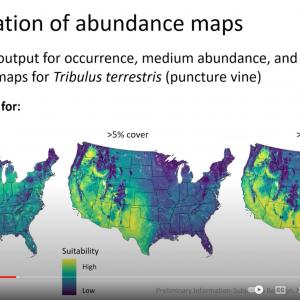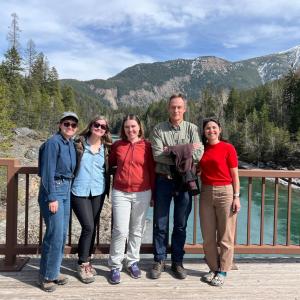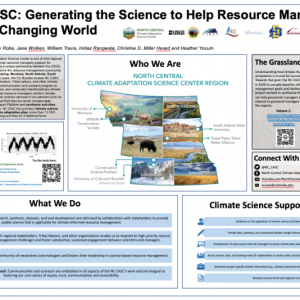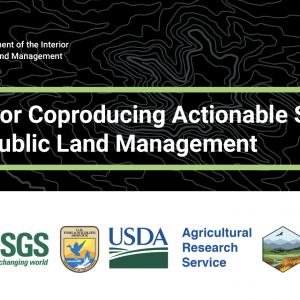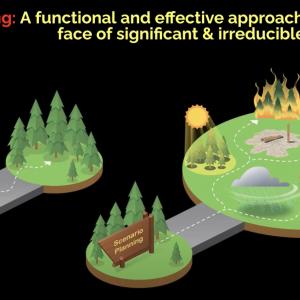News
NC CASC team attending CIRES Rendezvous
CIRES Rendezvous is an “institute-wide symposium that aims to bring awareness to the depth, breadth, and quality of the pacesetting science being done at CIRES.” The NC CASC will be displaying three posters at the 2024 event to highlight our work in science and communications.
March/April 2024 Newsletter Now Available!
Our next newsletter (March/April 2024) is now out! Learn more about Traditional Ecological Knowledge; register for our next webinar (this Thursday, May 9, at 11 AM), and learn more about a new toolkit to assist federal resource managers in co-producing actionable science to support public land management.
Congratulations to Prasad Thota!
Congratulations to Prasad Thota, recipient of one of the CIRES' 2024 Graduate Student Research Awards! He is a Ph.D. student in Civil Engineering at CU Boulder advised by Prof. Balaji Rajagopalan. Last summer, he worked on an RCAP project alongside NC CASC's climate lead, Dr. Imtiaz Rangwala.
Webinar Recording Now Available
Did you miss the NC CASC webinar on April 11, 2024? This presentation discussed various tools available through https://ClimateToolbox.ORG to access downscaled future climate projections relevant for ecological applications, examine future climate uncertainty and develop quantitative information to inform scenario planning activities.




